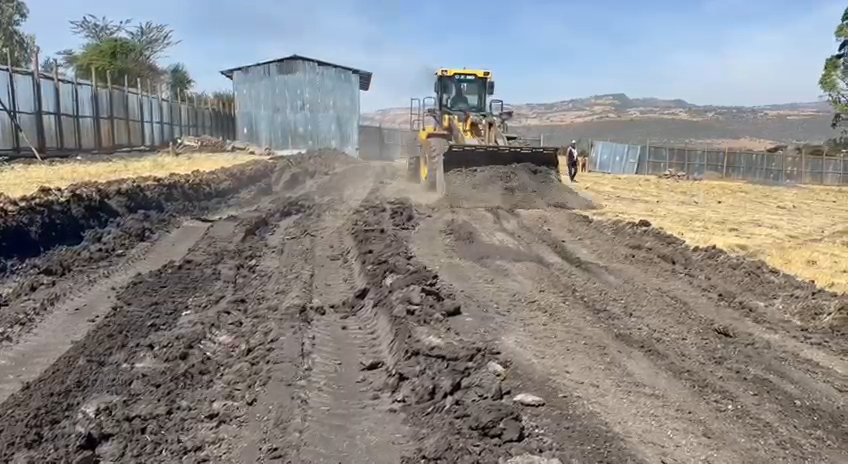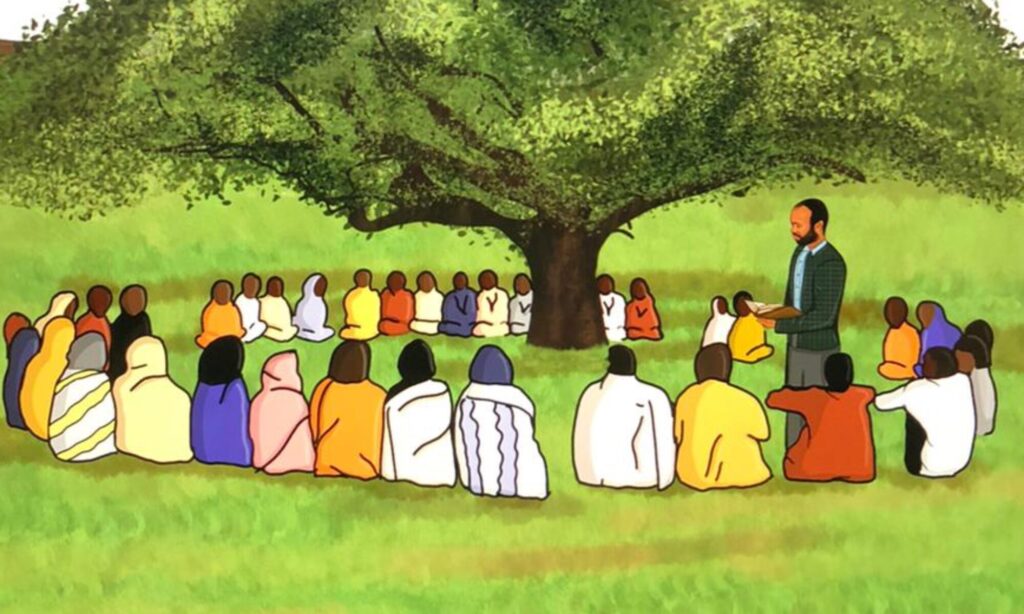The Oromia/Ethiopia executive committee of WADA Education Foundation wrote this report to update our status and makes you understand our current situation. The executive committee performed the following activities: –
Evaluate the performances of the committee during the year 2022 or 2014 E.C and found that the committee didn’t accomplish what was planned.
Prepared performance report and annual plan for 2022/23 or 2015 Ethiopian fiscal year, and submitted to the Oromia Attorney office
Prepared grand summary cost of the construction of classrooms for 400 students, offices and toilets (renewal of license)
Renewed the foundation license for the next one year with the support of Tokke Kutaye district education office (It wrote us support letter)
As we already communicated you the plot of land donated by Workneh Dechasa for the school was not sufficient as per the requirements of Oromia Education Bureau for a one Storey build. The discussion on the land requirements which was started earlier was not finalized due to the situation in Oromia. The situation continues to be worse at present.
Hirpa Abu – Secretary WADA

